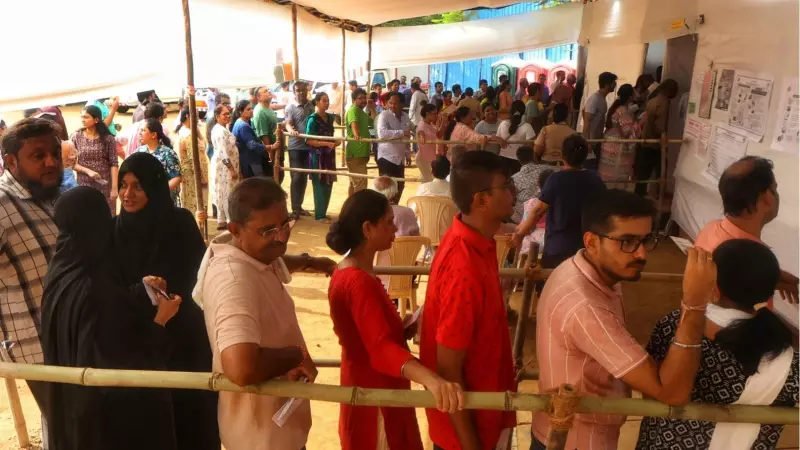
In a powerful critique of India's welfare ecosystem, former Chief Election Commissioner Sy Quraishi has made a compelling case for honest implementation rather than reduced spending on social schemes. His analysis comes at a crucial time when debates about welfare economics are dominating political discourse.
The Leaky Bucket Problem
Quraishi highlights the fundamental issue plaguing India's welfare system: massive fund leakage that prevents benefits from reaching intended recipients. He presents startling data showing how corruption and inefficiency drain resources meant for the most vulnerable populations.
"The problem isn't that we're spending too much on welfare," Quraishi argues, "but that too little reaches the people who need it most."
Digital Solutions and Direct Benefit Transfers
The former election chief points to technological interventions that have shown remarkable success in reducing leakage:
- Direct Benefit Transfer (DBT) systems eliminating middlemen
- Aadhaar-linked authentication preventing duplicate beneficiaries
- Digital tracking of fund flow from treasury to final recipient
- Real-time monitoring of scheme implementation
Learning from Election Management
Drawing parallels with India's world-class election management system, Quraishi suggests applying similar principles to welfare distribution:
- Robust identification systems to ensure accurate targeting
- Transparent processes that allow public scrutiny
- Accountability mechanisms for officials at every level
- Grievance redressal systems that actually work
The Political Economy of Welfare
Quraishi addresses the common argument that India cannot afford its welfare commitments. He counters that properly implemented welfare is an investment that yields returns through improved human capital, reduced healthcare costs, and enhanced economic productivity.
"When welfare reaches the right people, it transforms lives and boosts the economy," he emphasizes. "The question isn't about cutting welfare but about making it work efficiently."
The Way Forward
The solution, according to Quraishi, lies in a multi-pronged approach combining technology, transparency, and accountability. He calls for:
- Strengthening anti-corruption measures in welfare delivery
- Empowering beneficiaries through information and awareness
- Creating independent monitoring mechanisms
- Learning from successful state-level implementations
As India continues its development journey, Quraishi's insights provide a crucial roadmap for ensuring that welfare spending actually benefits those it's intended to help, creating a more equitable and prosperous society for all citizens.






